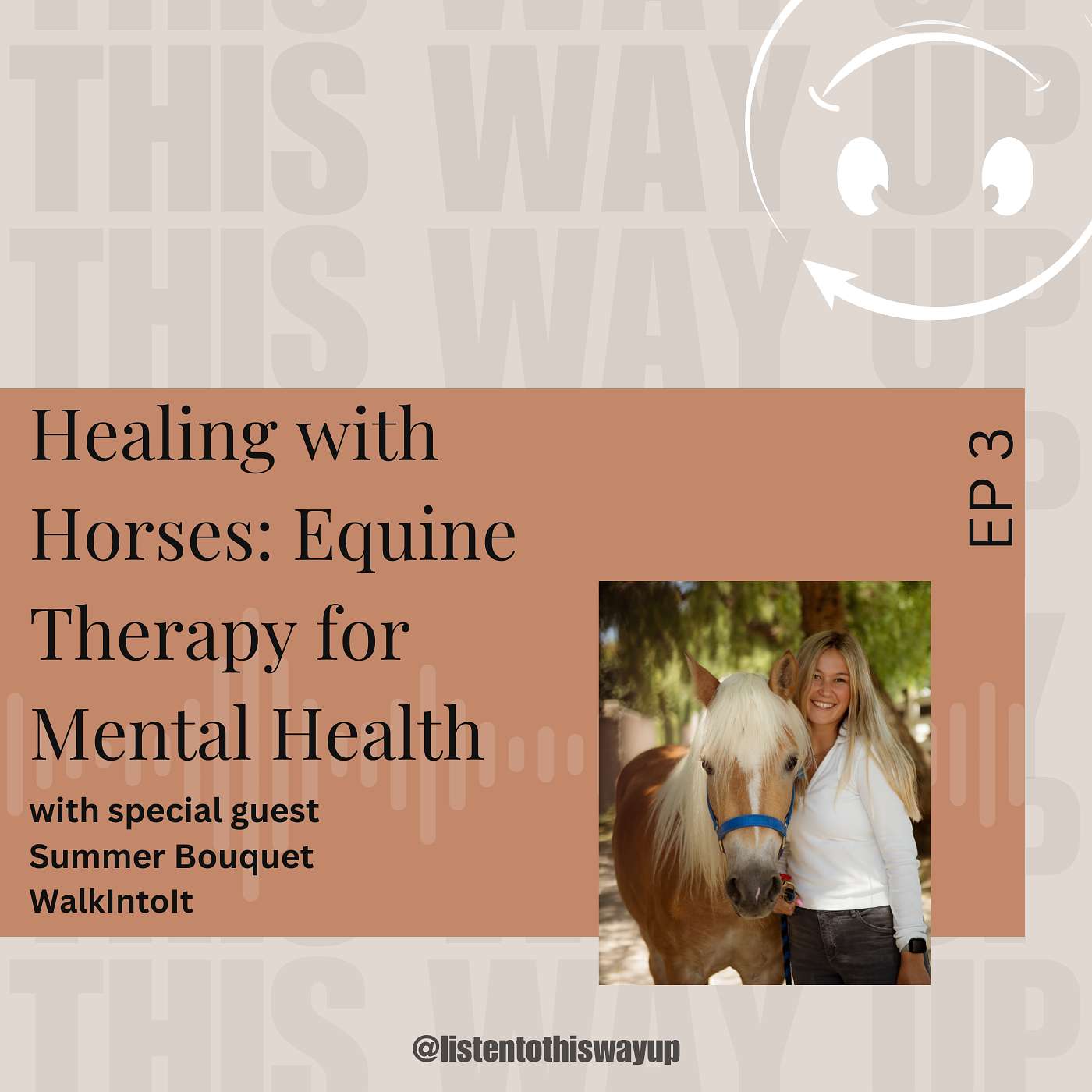Finding Ground: Why Equine Therapy Is a Powerful Ally for Mental Health

In the landscape of mental health treatment, traditional talk therapy remains crucial, yet many individuals are finding profound breakthroughs in less conventional settings—specifically, in the stables. Equine-Assisted Therapy (EAT), often referred to simply as horse therapy, leverages the unique bond between humans and horses to promote emotional growth, healing, and self-awareness. It’s a dynamic, experiential approach that offers a tangible path to processing difficult emotions and trauma.
The Horse as the Ultimate Co-Therapist
What makes an 800-pound animal an effective therapist? The answer lies in the horse’s intrinsic nature as a prey animal. Horses are acutely sensitive, non-judgmental creatures that constantly scan their environment and the beings around them for safety cues. When a person interacts with a horse, the animal naturally mirrors their internal state. If a client approaches a horse feeling anxious, stressed, or closed off, the horse will often react in kind—perhaps by moving away, becoming restless, or exhibiting signs of nervousness.
This "mirror effect" provides immediate, undeniable, and non-verbal feedback that a human therapist might take weeks to uncover. The client cannot lie to the horse. It forces them to become aware of their own body language, emotional energy, and subtle behaviors, thereby teaching crucial skills like emotional regulation, effective communication, and authenticity. Learning to calm oneself to calm a horse translates directly into calming the mind in stressful real-world situations.
Cultivating Presence and Trust
Working with horses also demands complete mindfulness and presence. You cannot effectively partner with a horse while your mind is preoccupied with past worries or future anxieties; a large, powerful animal requires your focused attention. This necessary shift pulls the client out of rumination—a common symptom of depression and anxiety—and anchors them firmly in the present moment.
Furthermore, the process of building a relationship with a horse naturally fosters trust and confidence. Many people struggling with mental health issues have experienced broken trust in human relationships. The incremental success of guiding a horse, earning its respect, and experiencing its unconditional acceptance can rebuild self-esteem and the capacity for connection. This positive therapeutic engagement—whether through grooming, leading, or simple observation—serves as a healthy, empowering way to "walk into" a journey of recovery and self-discovery.
Equine therapy provides an incredible opportunity for experiential healing, moving beyond words to physical action and relational understanding. To learn more about this approach, you can visit
You can hear an in-depth discussion on this topic with Summer Bouquet, who specializes in this powerful modality, on the episode Healing with Horses Equine Therapy for Mental Health. It’s a compelling listen for anyone seeking positive, unique, and deeply impactful therapies for mental wellness.


